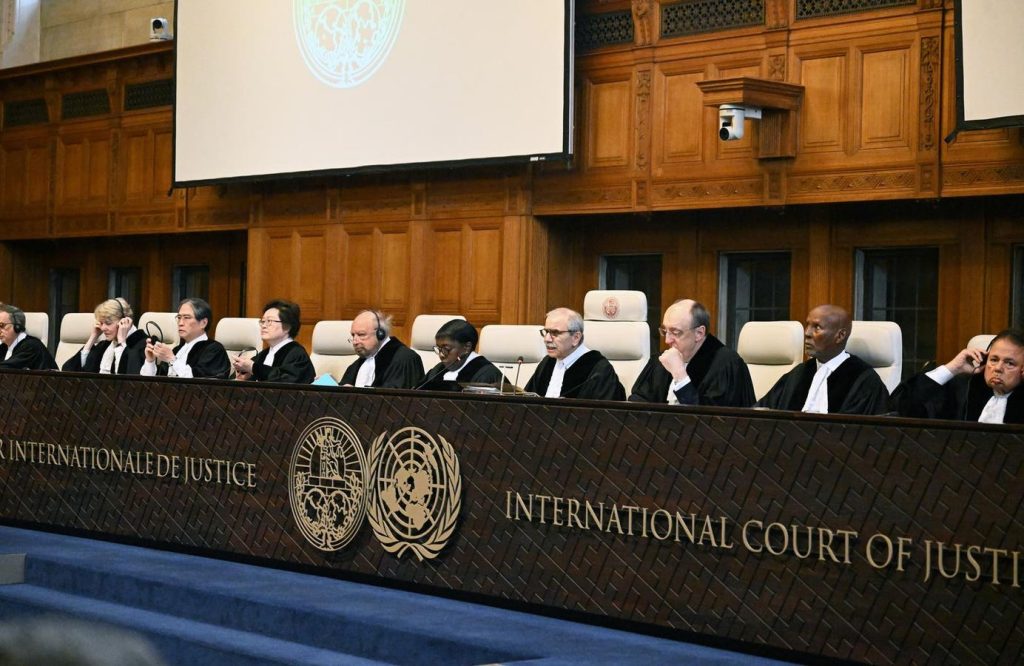The International Court of Justice has received a record high 91 written statements from member states and organizations in response to its advisory opinion on the Obligations of States in respect of Climate Change. The request for this opinion came from the United Nations General Assembly, and the Court will determine the financial liability of countries for their contribution to climate change. While the written statements will not be made public until the beginning of oral arguments, this is the first time the Court has indicated that oral arguments will occur on this opinion.
The UNGA requested the ICJ to issue an advisory opinion on the legal obligations of countries in preventing climate change, with the aim of providing guidance for future legal interpretations and legislative developments. The Court has received an initial package of relevant laws and treaties from the UN, but has also allowed member states and international organizations to submit their legal arguments and opinions through written statements.
The Court has approved several international organizations to participate in the proceedings, including the African Union, the European Union, and the World Health Organization, among others. While the Court may decide to make the written statements accessible to the public at a later date, it is clear that the process is being amended as needed to accommodate the record volume of submissions. Due to these adjustments, it is likely that the final opinion will not be issued until 2025 or 2026.
A list of member states who have submitted written statements includes countries such as Portugal, Colombia, Canada, France, China, India, the United States, Australia, Brazil, and Germany, as well as smaller nations and territories like Tonga, Palau, and the Cook Islands. The diversity and volume of submissions highlight the global interest and importance of this issue. With the June 24 deadline for responses approaching, it is anticipated that the Court may grant extensions due to the overwhelming number of submissions.
Overall, the process of obtaining an advisory opinion on the Obligations of States in respect of Climate Change has seen significant participation from member states and organizations around the world. The Court’s decision to hold oral arguments and allow written statements from various entities demonstrates a commitment to transparency and inclusivity. As the proceedings continue, it will be interesting to see how the Court navigates the complex legal issues surrounding climate change and determines the financial liability of countries for their contributions to this global crisis.


